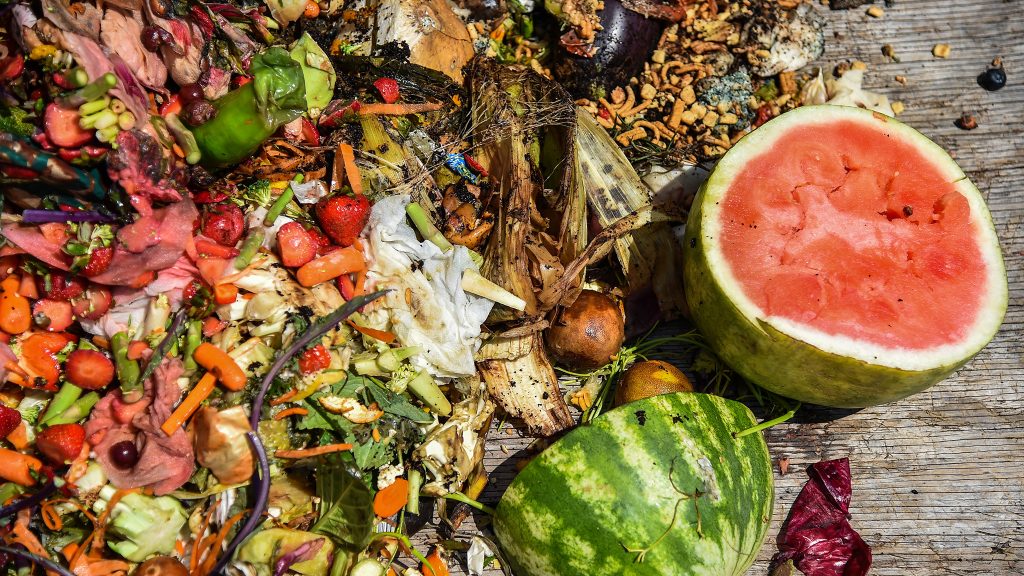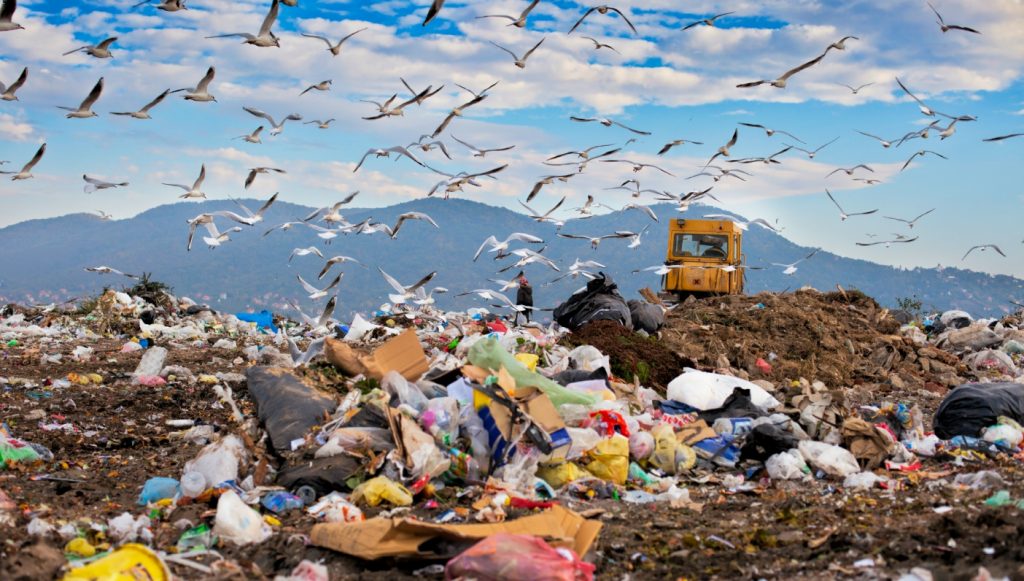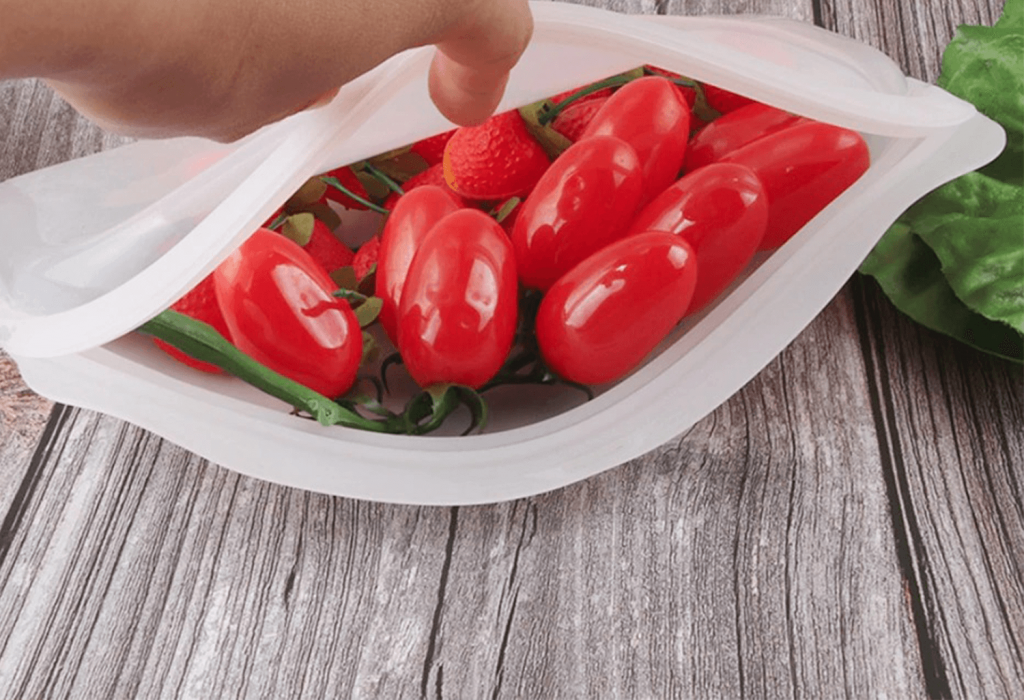Zero Waste Blog
10 Ways To Reduce Food Waste In Your Kitchen
Sadly, it is not an exaggeration to say that food waste is one of the biggest problems facing mankind today. Did you know that in 2010, over 33 million tons of food reached landfills in the U.S. – equivalent to half a pound per person per day – or enough food to fill the Rose Bowl Stadium every day.
Table of Contents
The Problem Of Food Waste
1. What Is Food Waste?
It is the food appropriate for human consumption being discarded or left to spoil at consumer level – regardless of the cause (HLPE, 2014) Food waste includes the half-eaten meal left on the plate at a restaurant, food scraps from preparing a meal at home and the sour milk a family pours down the drain.
Between 33-50% of all food produced globally is never eaten, and the value of this wasted food is worth over $1 trillion. To put that in perspective, in the USA food waste represents 1.3% of the total GDP. It is a massive market inefficiency, the kind of which does not persist in other industries.

2. Environmental Impacts Of Food Waste
Food waste is really, really bad for the environment. It takes a land mass larger than China to grow the food each year that is ultimately never eaten – land that has been deforested, species that have been driven to extinction, indigenous populations that have been moved, soil that has been degraded – all to produce food that we then just throw away. In addition, food that is never eaten accounts for 25% of all fresh water consumption globally.
Not only are all of the resources that went into creating the uneaten food wasted (land, water, labour, energy, manufacturing, packaging, etc), but when food waste goes to landfill, which is where the vast majority of it ends up, it decomposes without access to oxygen and creates methane, which is 23x more deadly than carbon dioxide.

Only five percent of food is composted in the US and as a result, uneaten food is the single largest component of municipal solid waste. In landfills, food gradually breaks down to form methane, a greenhouse gas that’s up to 86 times more powerful than carbon dioxide. According to a report from the UK based organization WRAP, if food were removed from UK landfills, the greenhouse gas abatement would be equivalent to removing one-fifth of all the cars in the UK from the road.
Every which way you look at it food waste is a major culprit in destroying our planet, and in fact if food waste were a country, it would be the third largest emitter of greenhouse gases after China and the USA.
What Can You Do?
If you find yourself constantly throwing food in the garbage or in your compost, you might be wondering how to reduce that food waste so you can lower your carbon footprint and save money at the same time.
1. Only Buy What You Need
You can pretty much get whatever food you want whenever you need it in our society, but it’s wise to practice self-control and only buy what you need and will definitely use.
To avoid buying more food than you need, make frequent trips to the grocery store every few days rather than doing a bulk shopping trip once a week. Make a point to use up all the food you purchased during the last trip to the market before buying more groceries. Additionally, try making a list of items that you need to buy and stick to that list.
2. Avoid Clutter
When you have a cluttered refrigerator, cupboard or pantry, it can be hard to see what food you have to eat. By not seeing food, you might forget what you have, and therefore risk the possibility of that food going bad. Keep your food organized and decluttered in order to reduce food waste.
3. Store Food In Reusable Containers
Think about using alternatives such as reusable jars, wraps, bags and silicone reusable bags or containers to store your food.

4. Put New Groceries In Back Of Fridge
When your purchase new groceries and load them into the fridge, you should put them in the back, behind other food that needs to be eaten prior. This will help you see the older food that needs to get eaten first so that it doesn’t get wasted.
5. Keep Perishables In Sight
Fruits, vegetables, leftovers, bread, or anything that has an expiration date should be kept in sight to remind you that they need to get eaten. Keep perishables on a shelf at eye-level, or somewhere where you will see it multiple times a day.
6. Make Broth Or Stock
Excess food, scraps, and even some bones or other animal drippings are great ingredients for various stocks or broths. Boiling excess vegetables, peelings, and other scrapings can make a hearty vegetable broth. Boiling a chicken carcass and other remainders, such as bones and skin, can become a tasty chicken broth.
It is best to store homemade broth in the fridge and use it within a few days. However, freezing it will give it a much longer lifespan.
7. Freeze Food
If you’re consistently losing food by not eating it in time, try focusing your attention to freezing food whenever possible. Remember to add leftovers to reusable bags or containers and freeze, or freeze things whole like a loaf of bread or hamburger buns.

8. Keep Your Serving Sizes in Check
Overeating is a problem for many people. Making sure your portion sizes stay within a healthy range doesn’t just help keep your weight down, it also reduces food waste.
While you may not think twice about scraping the leftover food on your plate into the trash, remember that food waste has a major impact on the environment. Being more mindful of how hungry you actually are and practicing portion control are great ways to reduce food waste.

9. Preserve Your Own Food
Canning, dehydrating, fermenting and freezing are great ways to reduce waste and preserve what you grow.
10. Compost
Any food that does go bad, as well as any food scraps, you should compost them in order to turn that waste into food for your soil. Using compost allows nutrients to be returned to the soil, and it also reduces the need for fertilizers and pesticides.
.
.
While the average consumer is not the greatest threat to the environment, it is still crucial that people take steps to reduce their environmental impact. With a small amount of effort, you can cut your food waste dramatically, save money and time, and help take some pressure off Mother Nature.
Finding ways to reduce food waste can have a strong individual impact and help create a healthier food future for all. By thinking more about the food your household wastes every day, you can help create positive change to conserve some of the earth’s most valuable resources.

